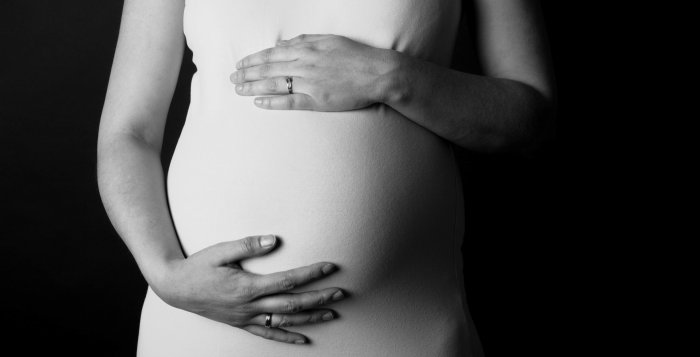And baby makes five!
On Monday, the Duke and Duchess of Cambridge — better known as Prince William and Kate Middleton — announced that they’re adding to their family with baby number three.
All is not smooth sailing, though.
The 35-year-old Duchess had to cancel a Monday appearance because of Hyperemesis Gravidarum, a condition she had during her pregnancies with both Prince George, 4, and Princess Charlotte, 2.
What is Hyperemesis Gravidarum?
Hyperemesis Gravidarum affects up to 3 percent of pregnant women each year, according to the Hyperemesis Education and Research Foundation, and is like morning sickness on steroids — to put it lightly.
“Many women actually find feeling sick a comfort, as it’s a sign the pregnancy hormones are kicking in,” Caitlin Dean, a registered general nurse and vice chair for the charity Pregnancy Sickness Support, told Cosmopolitan.
“Hyperemesis gravidarum is a different proposition altogether, but it’s amazing some women put up with [it] before realizing their symptoms are not normal and seeking help.”
The most common symptom is severe, all-day nausea and vomiting — upwards of 50 times a day, according to Dean, leading to dizziness, fatigue, severe dehydration and weight loss of 10 pounds or more.
Treatment for Hyperemesis Gravidarum
Though there isn’t really anything moms-to-be can do to avoid HG, a low-stress lifestyle filled with rest, protein-rich meals and light snacks (like nuts and beans) are ways to keep mild cases at bay. Pregnant women with more severe cases of the illness may need electrolyte-rice drinks — or even fluids administered intravenously in the hospital — to replace fluids lost from vomiting. Some women opt for steroid treatments to help stop the constant vomiting.
“Around 1000 women a year choose to have an abortion because they can no longer cope with the vomiting and constant nausea [of HG],” Dean told Cosmopolitan. “Some women can’t swallow because the saliva in their mouth makes them throw up, and others find the smell of their husband or children makes them feel sick, which is very distressing. Often the nausea can be worse than the sickness itself.”
Middleton’s current battle with Hyperemesis Gravidarum — like with her two other children — forced her to announce her pregnancy early. She’s currently receiving treatment at the couple’s Kensington Palace home.
“The first 12 weeks of the pregnancy is the most common time we see this,” Dr. James Lui, chairman of the Department of Obstetrics and Gynecology, UH Cleveland Medical Center, told CNN.























